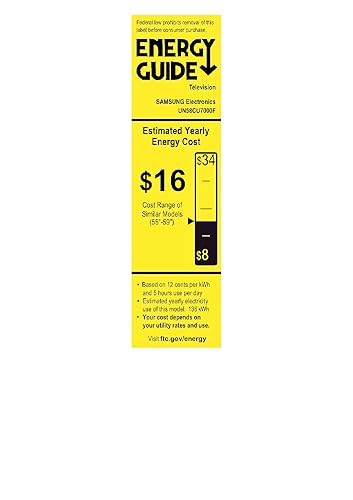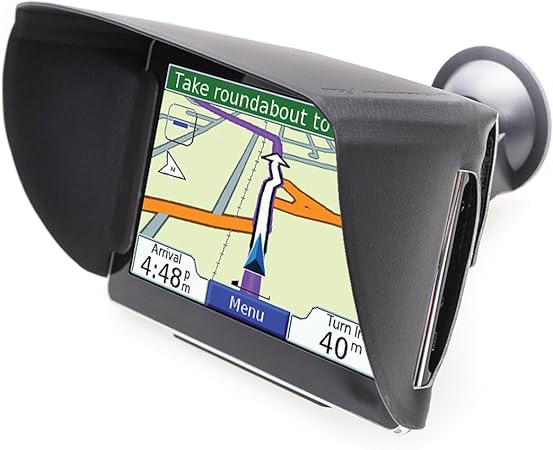Fast forward to 2030. Your car’s GPS navigator isn’t just a glorified map anymore. It’s a sophisticated, hyper-connected co-pilot, seamlessly integrating with your life and transforming the driving experience. Forget fiddling with confusing menus; we’re talking about intuitive AI, predictive analytics, and features that would have seemed like science fiction just a decade ago. But what exactly does the future hold for in-car navigation? Let’s explore the possibilities.
The Rise of AI-Powered Navigation

By 2030, AI will be the driving force behind navigation. We’re not talking about simple route optimization; we’re talking about systems that understand your preferences, anticipate your needs, and adapt to changing conditions in real-time. Imagine a system that learns your daily commute, anticipates traffic congestion before it happens, and suggests alternative routes based on your preferred speed, fuel efficiency, or even the scenic route on a weekend. This level of personalization will make navigation truly effortless.
Furthermore, AI-powered voice assistants will become even more intuitive and conversational. Instead of rigid commands, you’ll be able to engage in natural language conversations, asking complex questions like “Find me the best Italian restaurant with a good wine list, open late, and within walking distance of a museum.” The system will understand the nuances of your request and deliver highly relevant results.
Augmented Reality Navigation: Seeing is Believing

Augmented reality (AR) navigation is poised to revolutionize how we interact with our surroundings while driving. Instead of simply displaying a map on a screen, AR overlays real-time navigational information onto your actual view of the road. Think about it: directional arrows projected onto the windshield, highlighting your lane and upcoming turns, seamlessly integrated with the real-world scene. This removes the need to constantly glance down at a screen, significantly improving safety and enhancing the overall driving experience.
Imagine the AR system alerting you to upcoming speed limits, highlighting potential hazards like pedestrians or cyclists, and even providing information about points of interest along your route, all displayed naturally within your field of vision. This seamless integration will be a game changer for navigation and driver assistance.
Hyper-Personalization and Predictive Analytics
The future of car GPS is about understanding you, the driver. Advanced algorithms will analyze your driving habits, preferences, and even your calendar to predict your needs before you even ask. For instance, the system might proactively suggest a route to avoid a known traffic bottleneck on your way to an important meeting or remind you of a scheduled appointment based on your current location and time.
Predictive analytics goes beyond simple route optimization. It can factor in real-time data like weather conditions, road closures, and fuel prices to dynamically adjust your route, saving you time, money, and fuel. Imagine your GPS suggesting an alternative route to avoid a sudden downpour or finding a cheaper gas station along your journey – all without you lifting a finger.
Seamless Integration with Smart Devices and Services

In 2030, your car’s GPS will be deeply integrated with your entire digital ecosystem. Seamless syncing with your smartphone, smart home devices, and other connected services will be the norm. This means you can receive notifications from your home security system, control your smart thermostat remotely, or even pre-heat your oven all while on the road, all accessed through your car’s intuitive interface.
This interconnectedness extends to other aspects of your digital life, too. Your navigation system might be able to book parking spaces in advance, suggest nearby restaurants based on your dietary restrictions, or even manage your travel arrangements by automatically updating your calendar and notifying your contacts of your arrival time.
Addressing Concerns: Privacy and Security
The increased data collection inherent in AI-powered navigation raises concerns about privacy and security. However, robust data encryption, anonymization techniques, and transparent data usage policies will be crucial in building user trust. The best systems will give drivers complete control over their data, allowing them to choose what information is collected and shared.
The Bottom Line: A Smarter, Safer, and More Connected Driving Experience

By 2030, car GPS navigators will have evolved far beyond simple map displays. They will be intelligent, adaptive, and deeply integrated into our lives, improving our driving experience in numerous ways. The future of car navigation is not just about getting from point A to point B; it’s about a seamless, intuitive, and personalized journey that makes driving smarter, safer, and more connected than ever before.